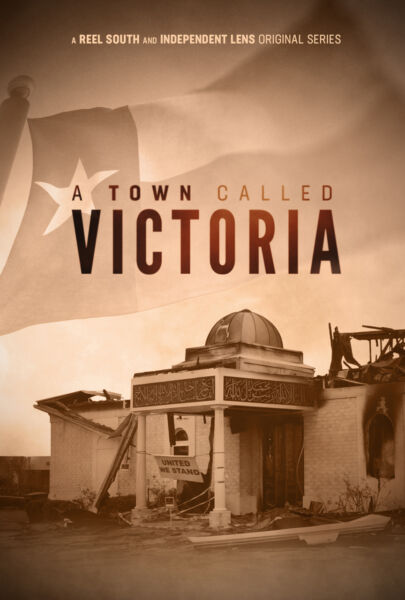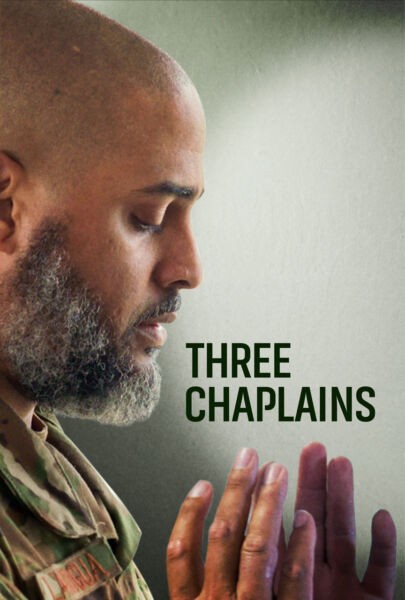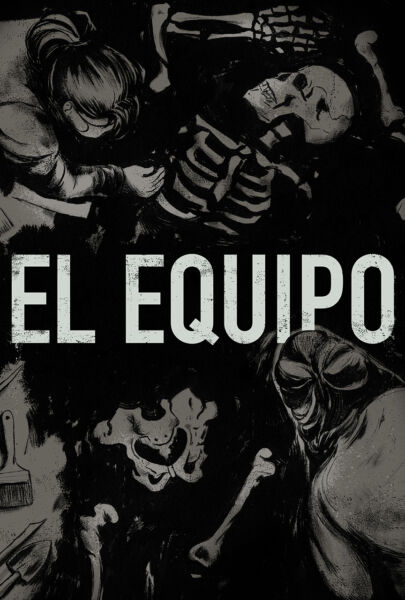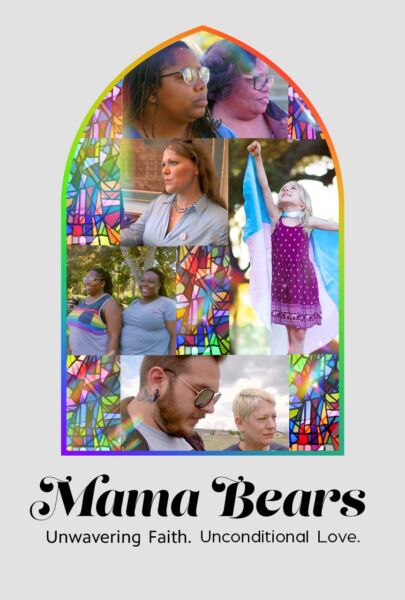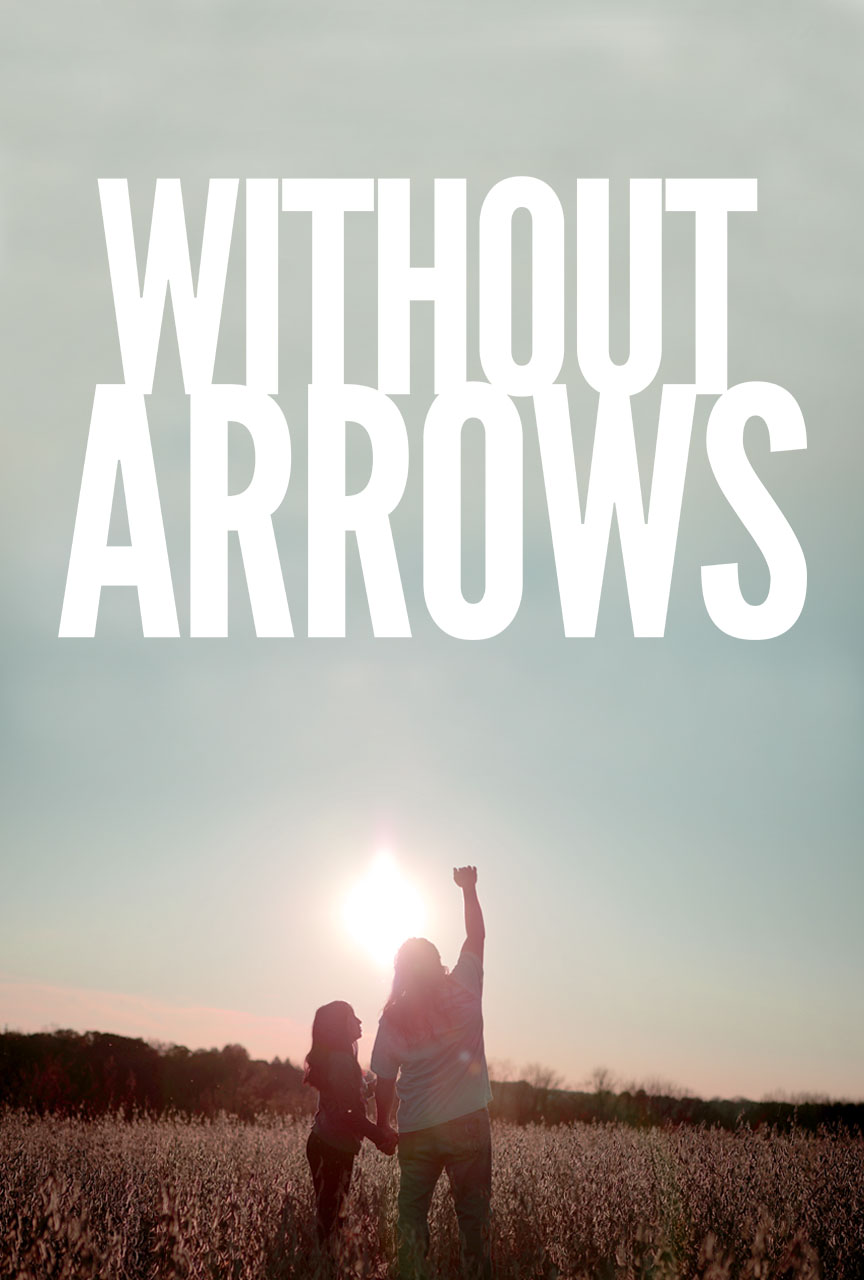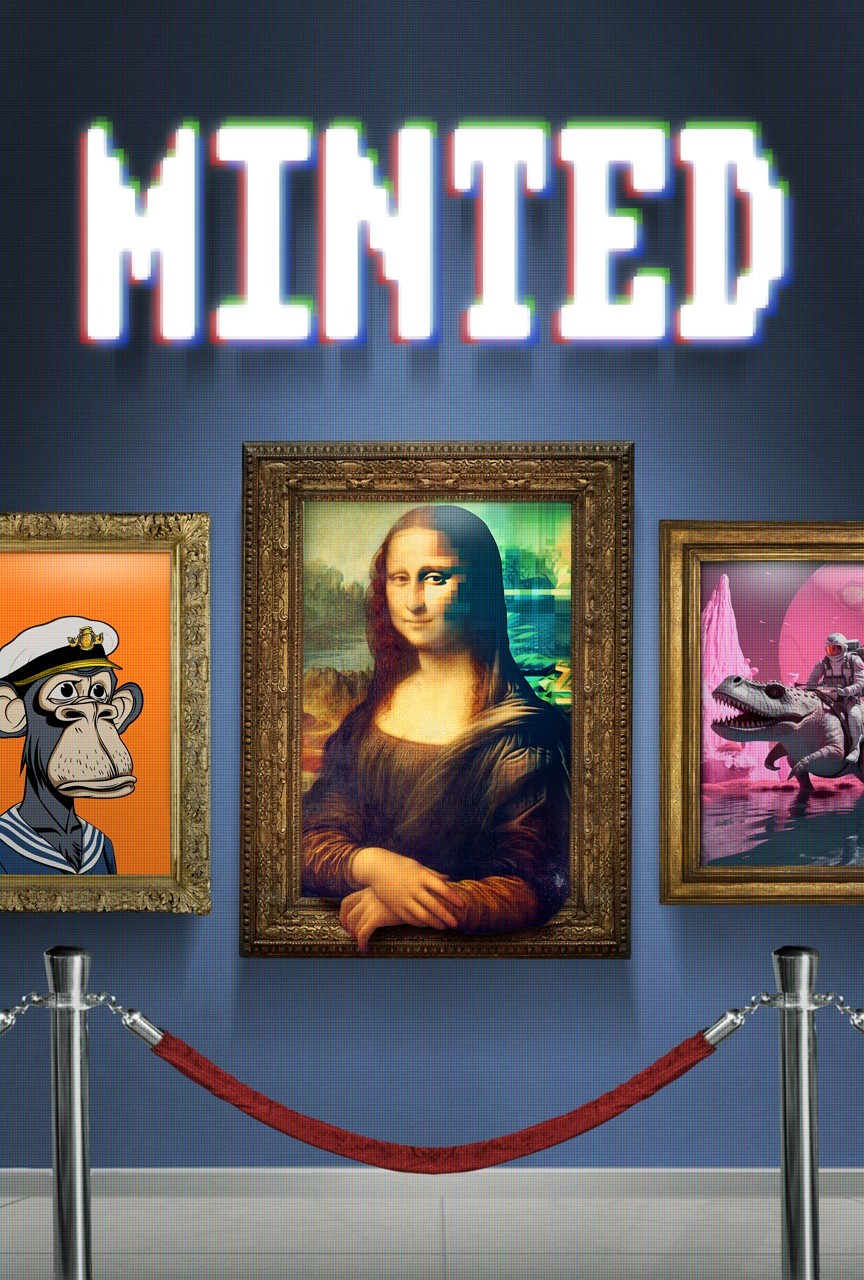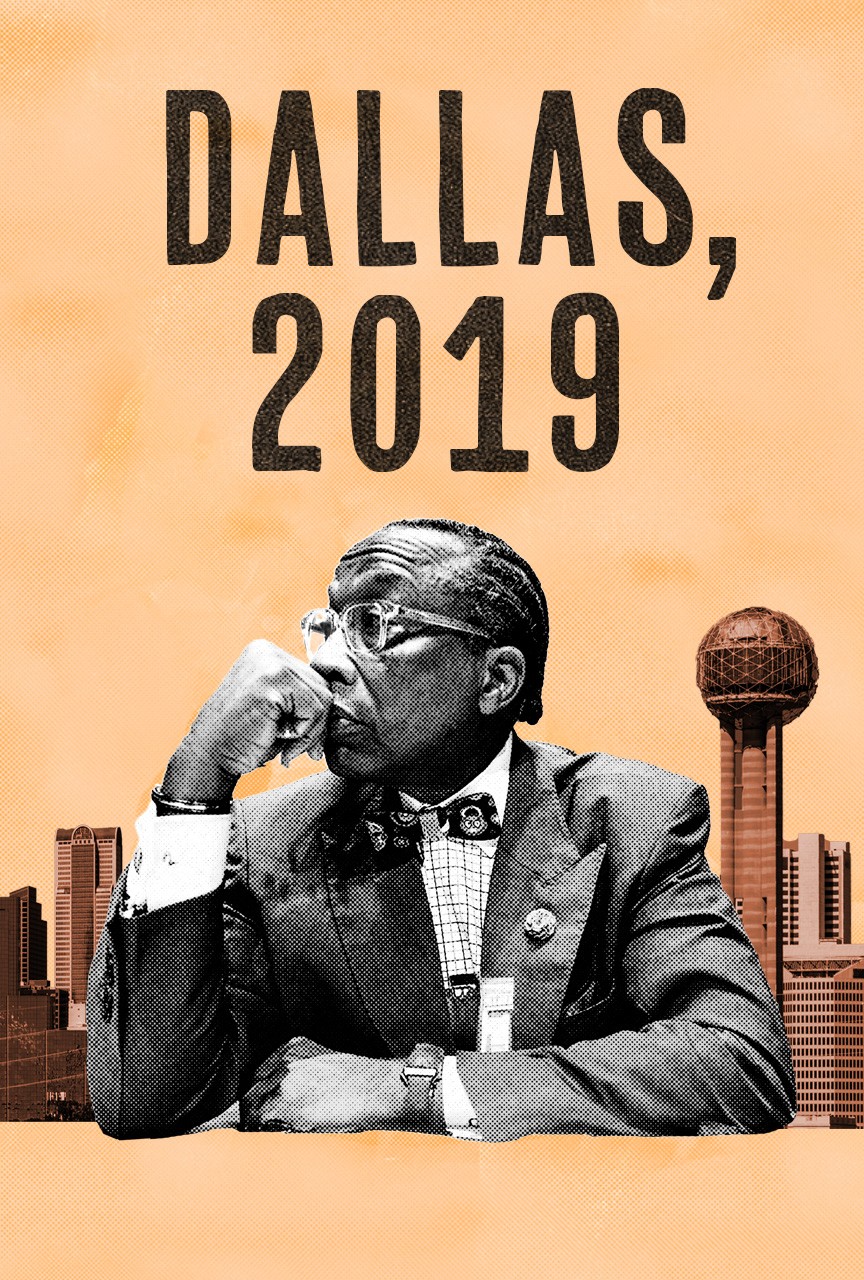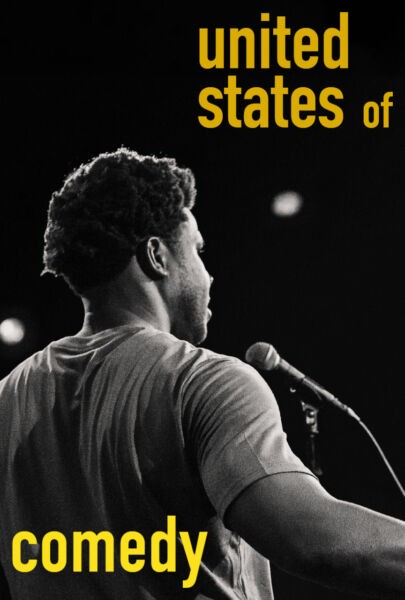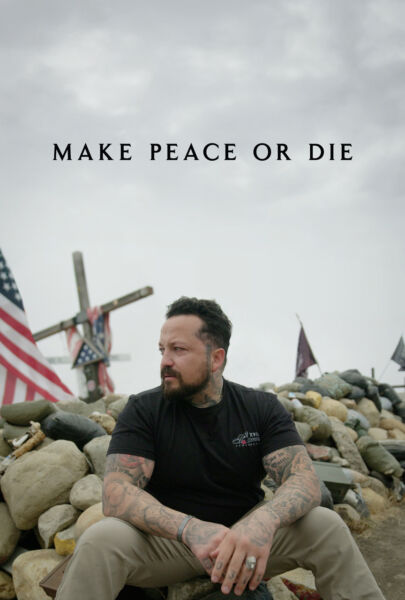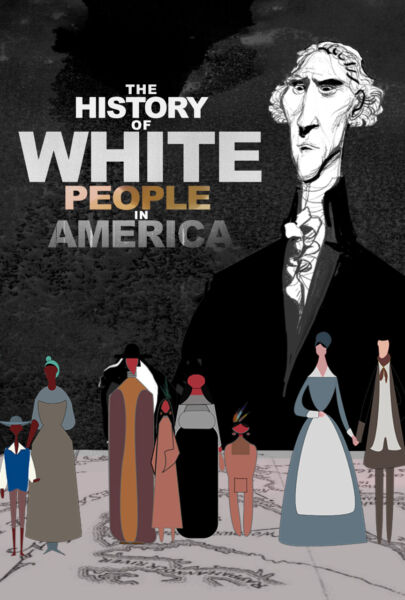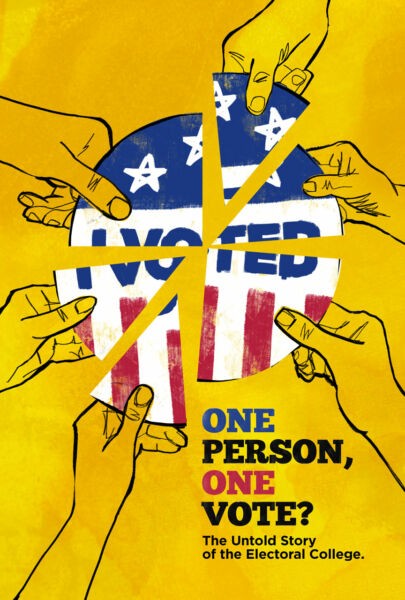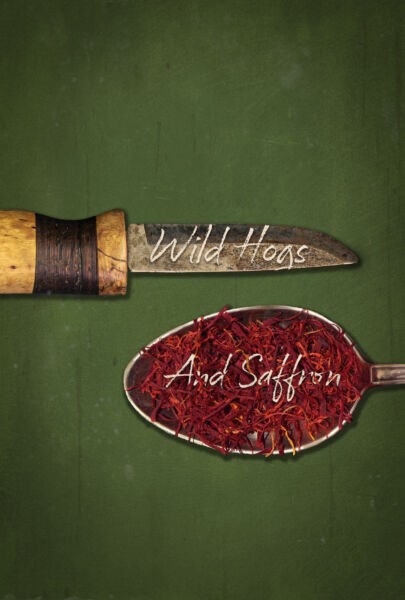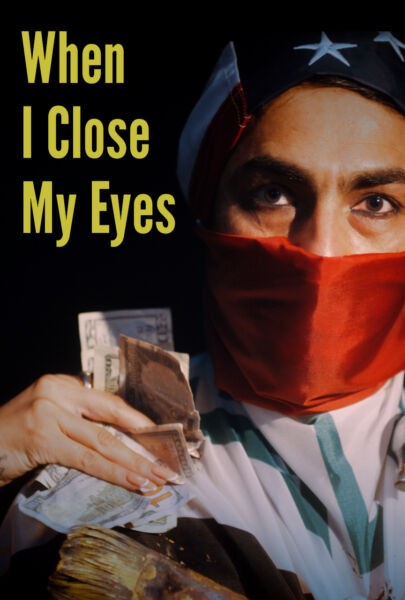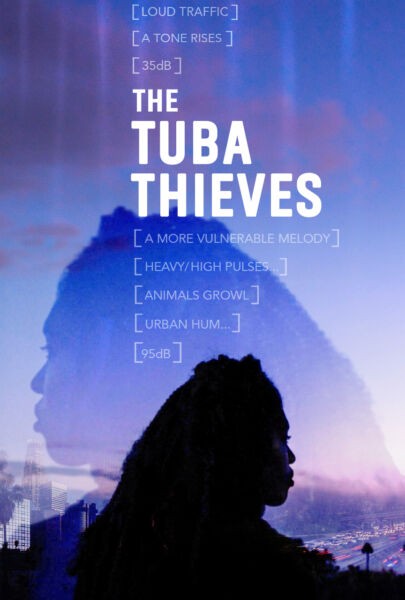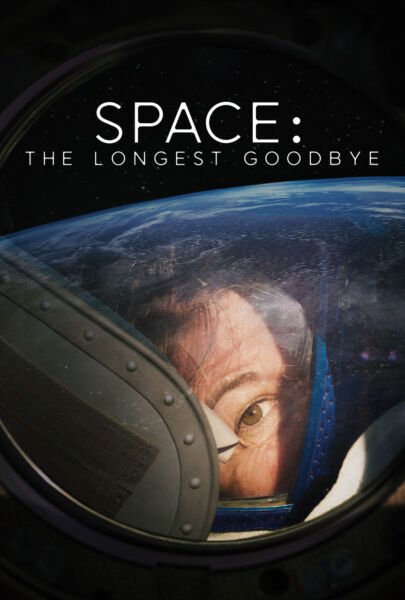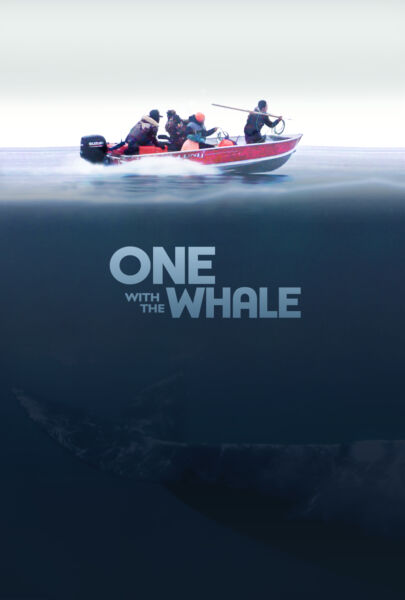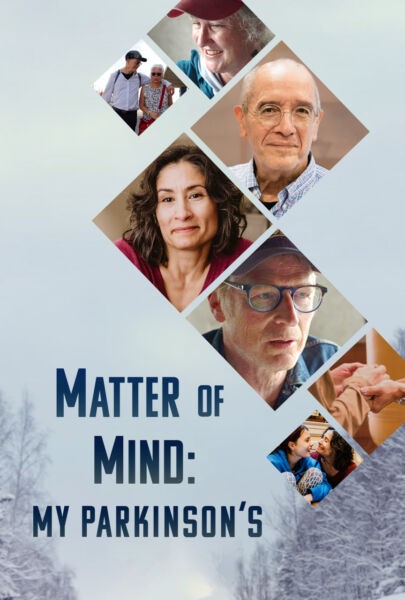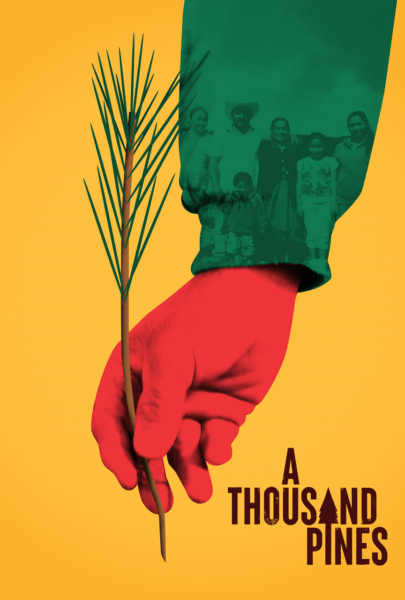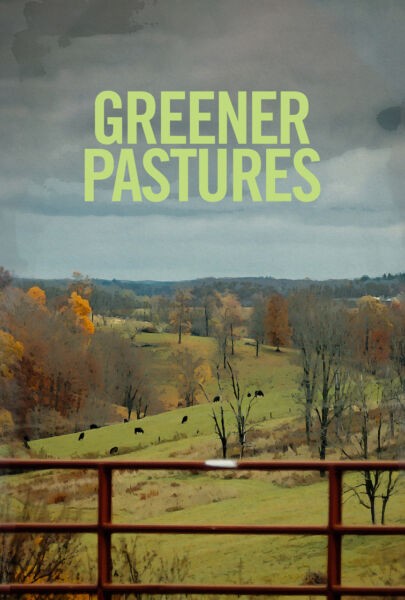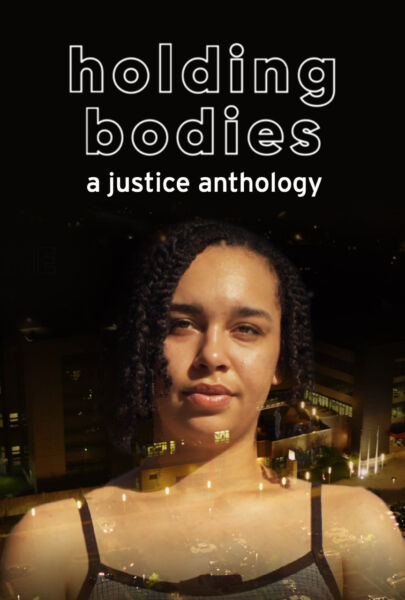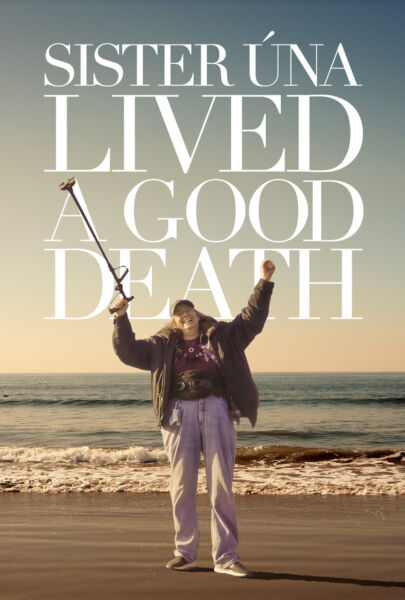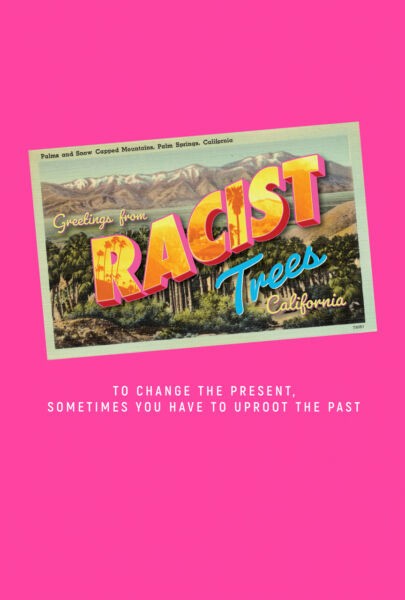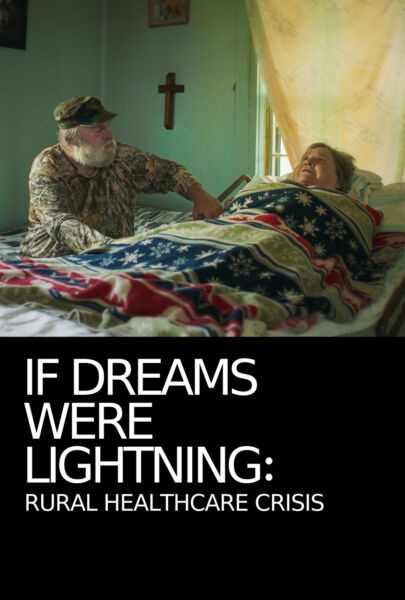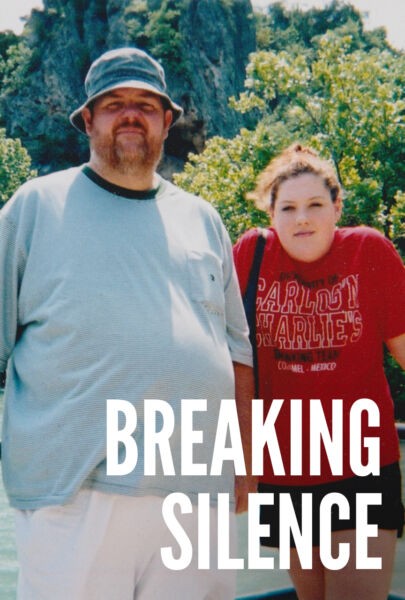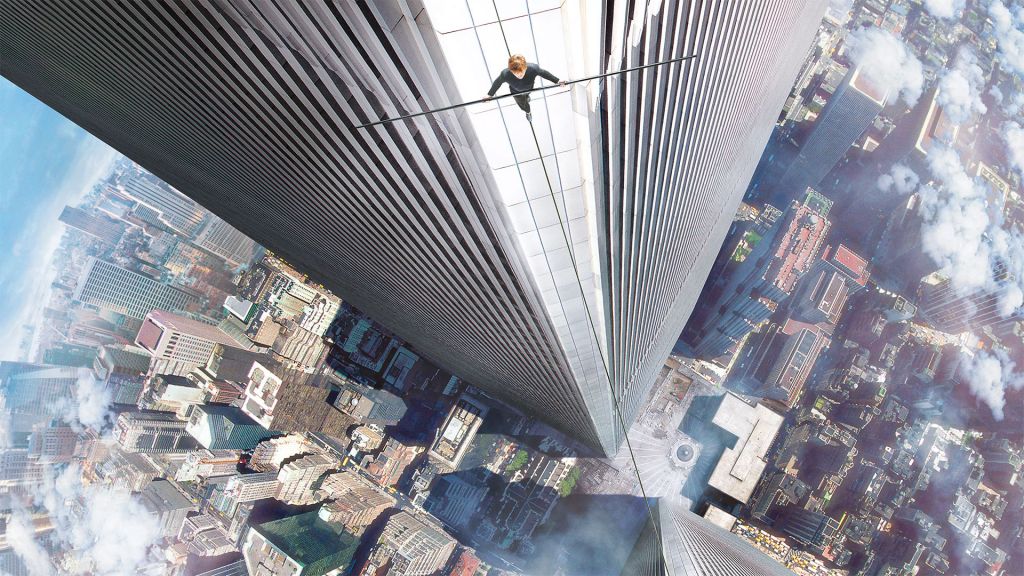
True stories have been a prime inspiration for movies for as long as there have been movies. Early films recreated historical events and breaking news for eager audiences and films as disparate as I Am a Fugitive from a Chain Gang (1921) and In Which We Serve (1942) to All the President’s Men (1976) and Spotlight (2015) turned recent history into compelling drama. Books, newspapers and sometimes TV and radio news reports were primary sources for years, but more recently, documentary films have become an inspiration for adapting real-life stories and riveting events. In fact, a fictionalized version of the story told in the Independent Lens film The Great Invisible is due out this fall: Deepwater Horizon stars Mark Wahlberg as an electrician on the doomed oil rig.
While dramatized versions, with their movie stars and big budgets and carefully crafted screenplays, are invariably more popular, the original documentaries have their own, more compelling stories to tell. It’s not just a matter of “the original is better” or “documentaries are real.” Non-fiction films are shaped as surely as feature films but the immediacy, the authenticity of subjects who haven’t been polished for prime time, the messy historical records that don’t necessarily hew to the structure of the traditional three-act story all offer a different kind of drama. And the best of these non-fiction works are as dynamic and powerful as Hollywood’s greatest fictions.
We look at the relationship between eight films and the documentaries that inspired them, and why the original documentaries are still essential. Read on to plan some quality based-on-a-true-story double-features.
The Walk (2015), inspired by: Man on Wire (2008)
Robert Zemeckis dramatized the story of Philippe Petit, the French wire-walker and street performer who strung a tightwire between the Twin Towers and walked between the newly-constructed buildings in 1974, in his 2015 feature The Walk, using 3D technology to communicate the awe and wonder of the event from Petit’s perspective. Filmmaker James Marsh had neither the budget nor the technology for his 2008 documentary Man on Wire but he didn’t need it. Petit and his collaborators tell their own story, a mix of performance art and heist thriller, and Marsh illustrates their tale with news footage and brief recreations of their rehearsals. The documentary is just as compelling as the dramatic retelling, a reminder that storytelling is at the heart of great documentary filmmaking.
Our Brand Is Crisis (2015), based on: Our Brand Is Crisis (2005)
Why watch a documentary when there’s a Hollywood feature complete with movie stars and big-budget production values? One reason is the way that Hollywood tends to tame knotty issues and uneasy socio-political truths. Rachel Boynton’s documentary Our Brand Is Crisis follows James Carville’s political consultant team as they rehabilitate an unpopular, out-of-touch candidate in Bolivia’s election and find a troubling twist on American interference. The 2015 feature, directed by David Gordon Green, fictionalizes the election and leans on the comic cynicism of politics as personal battle between political burn-out Sandra Bullock and her longtime nemesis Billy Bob Thornton. The 2015 feature is a sly comedy focused on campaign antics and entertaining personalities. The documentary reminds us that issues of globalization, exploitation, and corruption of the election process have a real effect on citizens.
Cinema Verite (2011), inspired by: An American Family (1973)
You could call the 1973 PBS documentary series An American Family the original reality TV drama. The HBO original movie Cinema Verite takes on the creation of the show, the drama behind the scenes as well as in front of the camera, and the reverberations of the program throughout American culture. Starring James Gandolfini as producer Craig Gilbert and Diane Lane and Tim Robbins as Pat and Bill Loud, a couple pitched somewhere between old-fashioned suburban cliché and affluent seventies hipsters, Cinema Verite is an engaging and accomplished production that also never quite communicates the revolutionary aspect of this event, or captures the controversy of the production or its repercussions. An American Family shattered stereotypes of middle class idealism with intimate, raw, revealing portraits of the stresses and contradictions of American life and showed just how provocative and serious the format could be.
Grey Gardens (2009), based on: Grey Gardens (1975)
The legendary, controversial Grey Gardens from cinema vérité pioneers Albert and David Maysles is a portrait of Edith Bouvier Beale and her grown daughter, Little Edie, the reclusive aunt and first cousin of Jackie Onassis, who feed their cats and raccoons and rehash their pasts behind the walls of their decaying East Hampton mansion. The documentary became a cult object and spawned a documentary sequel, a Broadway musical, and a documentary about the Broadway musical (not to mention a parody on IFC’s Documentary Now), and the HBO original movie of the same name with Jessica Lange and Drew Barrymore as Edith and Little Edie, with flashbacks filling in the past before their withdrawal. The original is disturbing and discomforting as it reveals two women abandoned by their families who are left to cling to each other, for better or worse. The 2009 feature is an affectionate portrait of these women of privilege who slipped into squalor without ever letting it affect their identities: two real-life characters the world passed by.
Milk (2008), inspired by: The Times of Harvey Milk (1984)
Milk, the story of San Francisco activist and politician Harvey Milk, the first openly gay man elected to public office, earned Academy Awards for star Sean Penn and screenwriter Dustin Lance Black. They had a rich resource to draw from: The Times of Harvey Milk, the first film profile of an openly gay subject to win an Academy Award, and one that portrayed gay pride and civic pride as one and the same. The documentary revealed an openly, proudly gay man as, simply, a man, a member of the community, and a human being whose life touched so many others. It took Hollywood over twenty years before it had the courage to bring that story — not just that of Milk but a rich, complex, nuanced portrait of any gay character — to the center of a major motion picture. It’s just another example of why documentary filmmaking is such a vital and essential part of the film culture. It’s so often there first, pushing the boundaries of what and whom we put on screen.
Rescue Dawn (2006), inspired by: Little Dieter Needs to Fly (1997)
Werner Herzog is not the only filmmaker to use his own documentary as the source material for a dramatic feature (Fenton Bailey and Randy Barbato based their 2003 film Party Monster on their 1998 documentary of the same name) but he is in a pretty exclusive club. It’s a natural leap for Herzog, a filmmaker whose fictions are so steeped in the physical trials of their making that they accrue a primal documentary power. Little Dieter Needs to Fly is the story of German helicopter pilot Dieter Dangler, who was captured and imprisoned by the Vietcong during the Vietnam war and returns with Herzog to Vietnam decades later to tell the story of his escape. Rescue Dawn dramatizes his ordeal with Christian Bale as the apolitical flier who bombs villages and civilian huts and flies illegal missions to Laos just to experience the thrill of flight. They become a matched set, the drama an illustration of the words spoken by Dengler in the documentary, two ways to tell the same story.
Lords of Dogtown (2005), inspired by: Dogtown and Z-Boys (2001)
Skateboard pioneer turned filmmaker Stacy Peralta traced the seventies skateboard revolution back to a fascinating subculture that sprouted from the surf and on the streets of Venice Beach in Dogtown and Z-Boys, equal parts extreme sports and social anthropology. For Lords of Dogtown, Peralta turns screenwriter and distills history into a fictionalized drama of his own youth as one of the most influential of the Zephyr Skate Team (aka the Z-Boys). Directed by Catherine Hardwicke, the drama has the energy of the dynamic videos that popularized the modern skate culture, but she gives in to the allure of their outlaw rebelliousness and celebrates their vandalism, petty theft, and social contempt as some kind of slum heroism. The documentary, meanwhile, is more personal and passionate, a collision of skate punk and pop culture archeology set to a bracing soundtrack of seventies rock and roll and driven with an amped-up, jittery cinema graffiti style. It’s both an entertaining and engaging slice of cultural history.
RKO 281 (1999), inspired by: The Battle Over Citizen Kane (1996)
For all the unnecessary fictions, distorted facts, and apocryphal stories passed off as history, I think that the made-for-cable drama RKO 281 paints a more complex and intricate picture of the making and almost unmaking of Citizen Kane than the documentary that inspired it. In The Battle Over Citizen Kane, filmmakers Michael Epstein and Thomas Lennon succumb to the temptation to make Orson Welles’ brilliant debut film all about William Randolph Hearst (only partly true) and frame the backstage drama as a collision between larger than life personalities. It makes for exciting drama (they earned an Oscar nomination for the film) but reductive history. RKO 281, scripted by John Logan, features Liev Schreiber as Welles, both a charmer and a monster, the face of modesty over the soul of a megalomaniac, but the richness comes in the colorful personalities, telling details, and often-neglected heroes woven through his story. It has its failings as history but gets closer to the complexities behind the spectacular collision of art, ego, power, and history.

